A Deep Dive into Gorbachev's 1988 UN Speech and Its Impact
VerifiedAdded on 2020/04/21
|5
|1024
|251
Essay
AI Summary
This essay analyzes Mikhail Gorbachev's 1988 speech to the United Nations General Assembly. It explores the context of the speech, highlighting the tensions within the Soviet Union and the improving relations between the US and the Soviet Union. The essay examines Gorbachev's choice of venue, his message regarding ideological differences, and his call for a shift away from using force in foreign policy. It also addresses Gorbachev's vision for a world characterized by cooperation, disarmament, and the resolution of global problems through international collaboration. The analysis draws on various scholarly sources to provide a comprehensive understanding of the speech's significance and its impact on the end of the Cold War and international relations.
1 out of 5
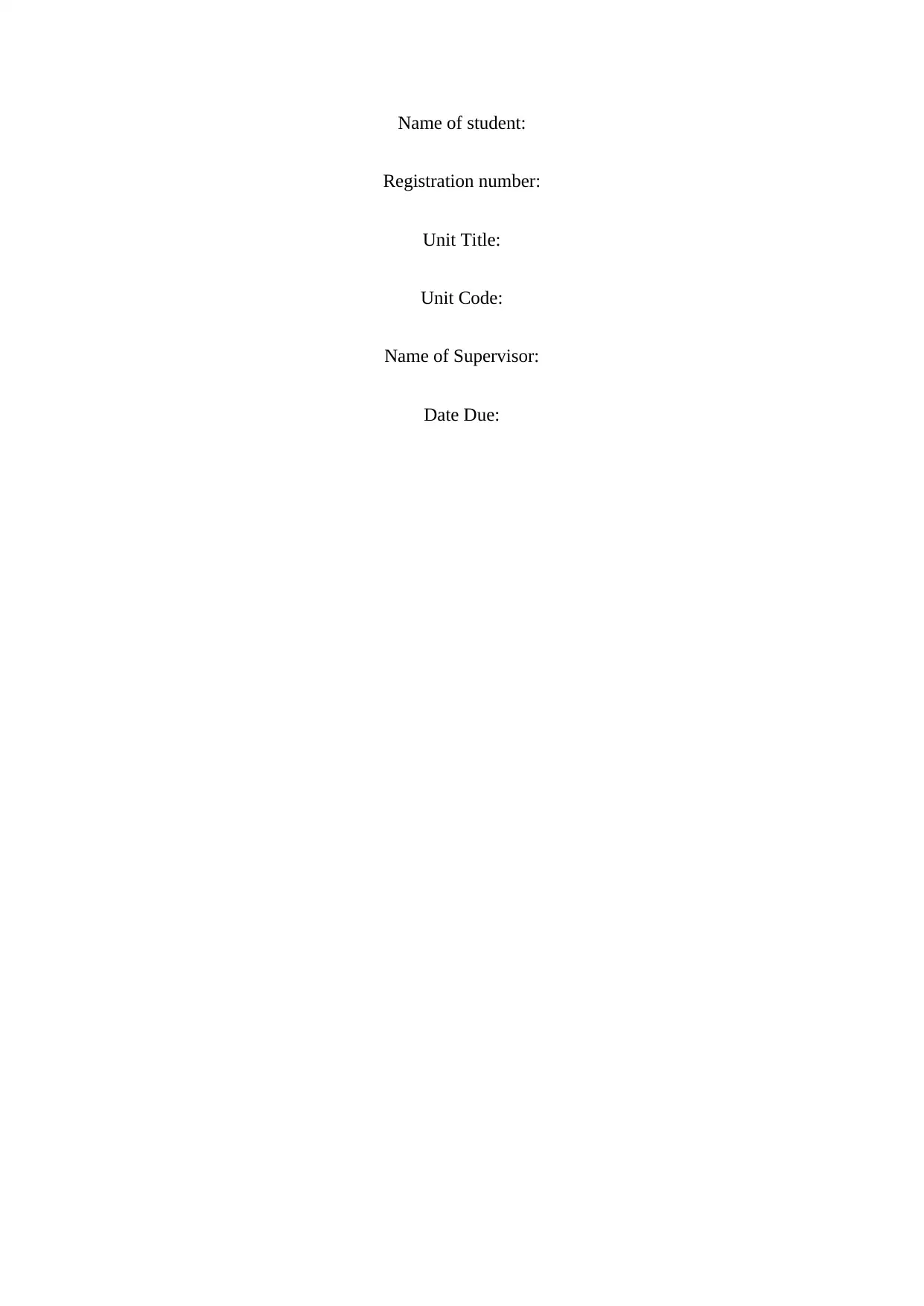
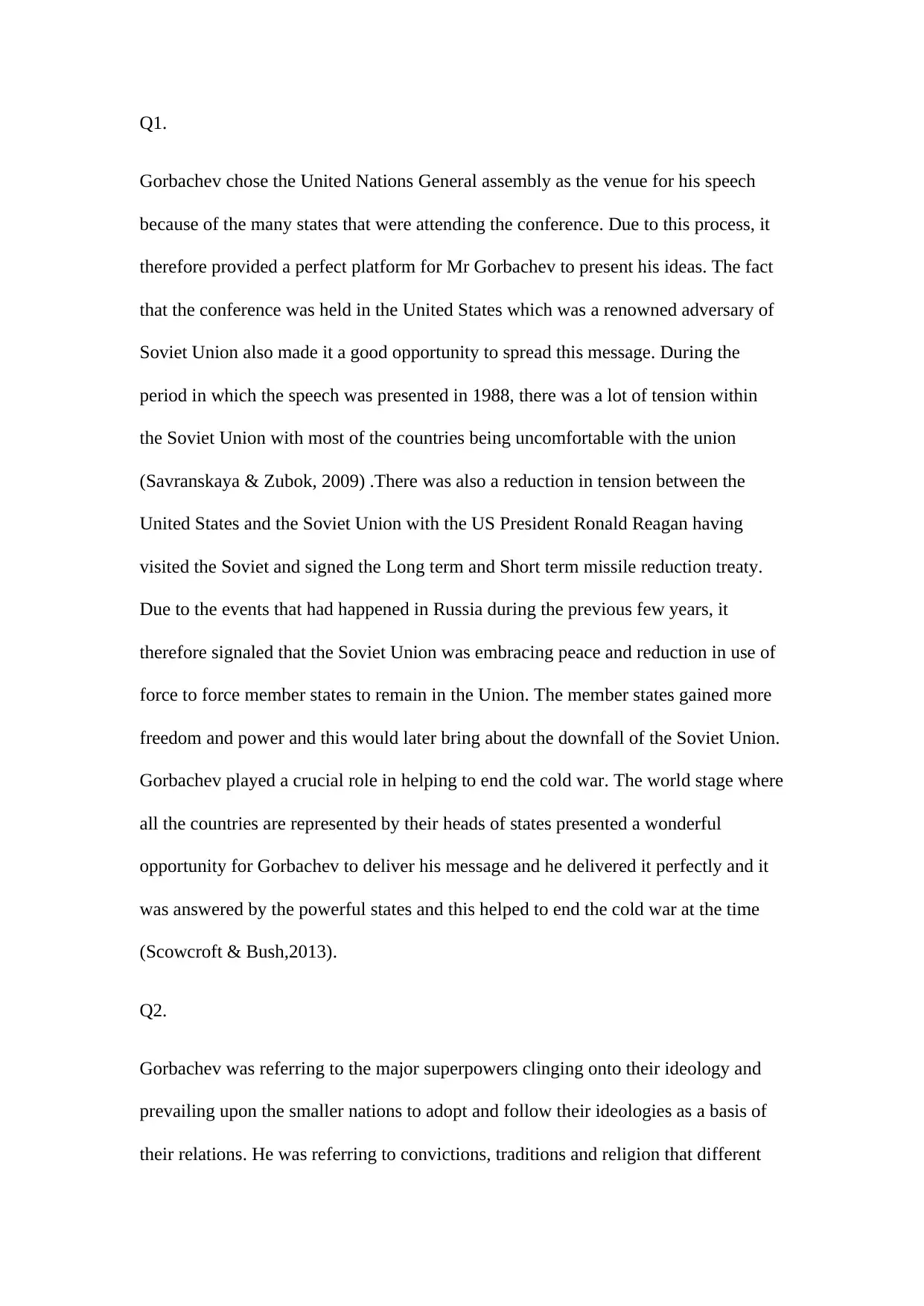
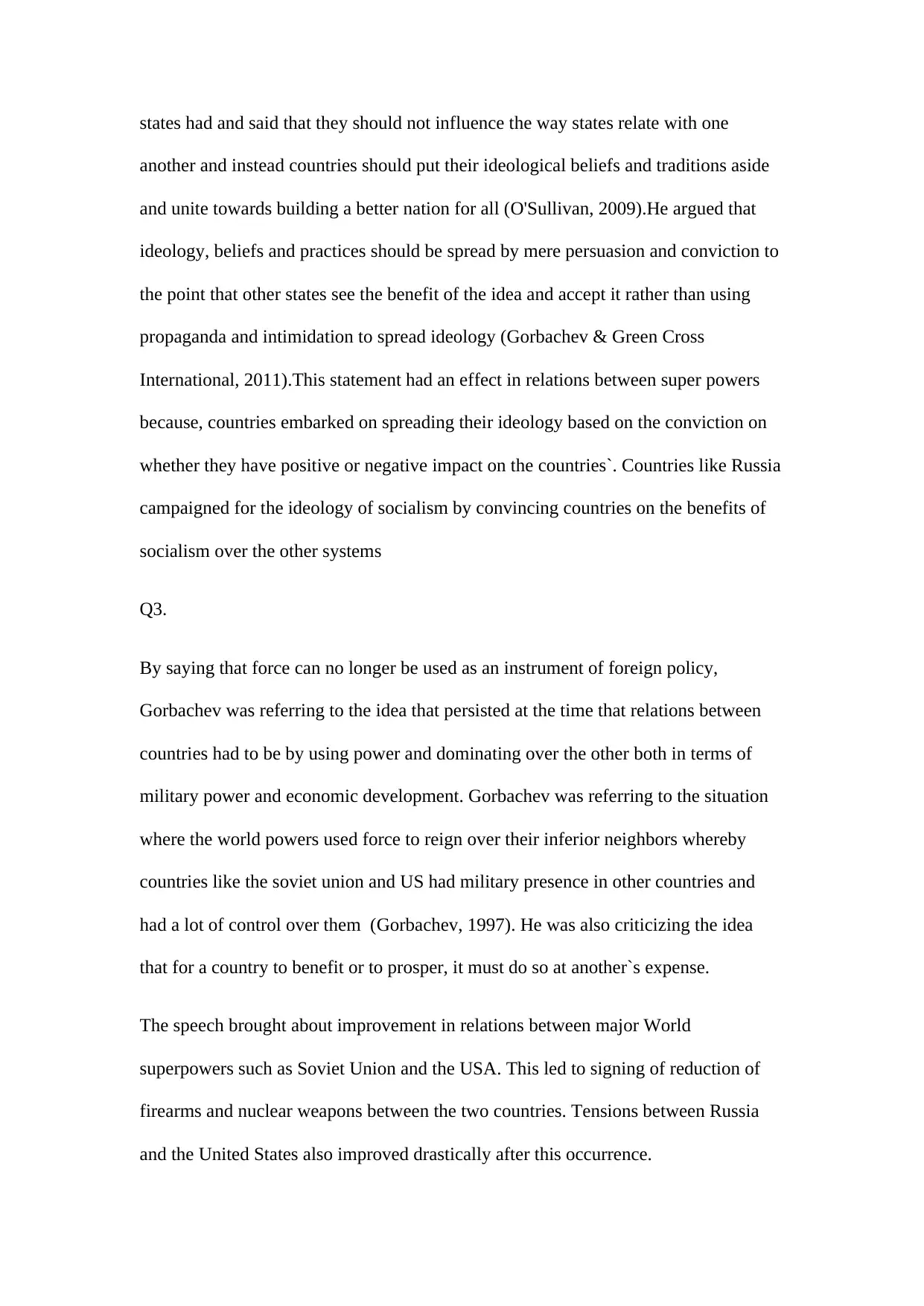
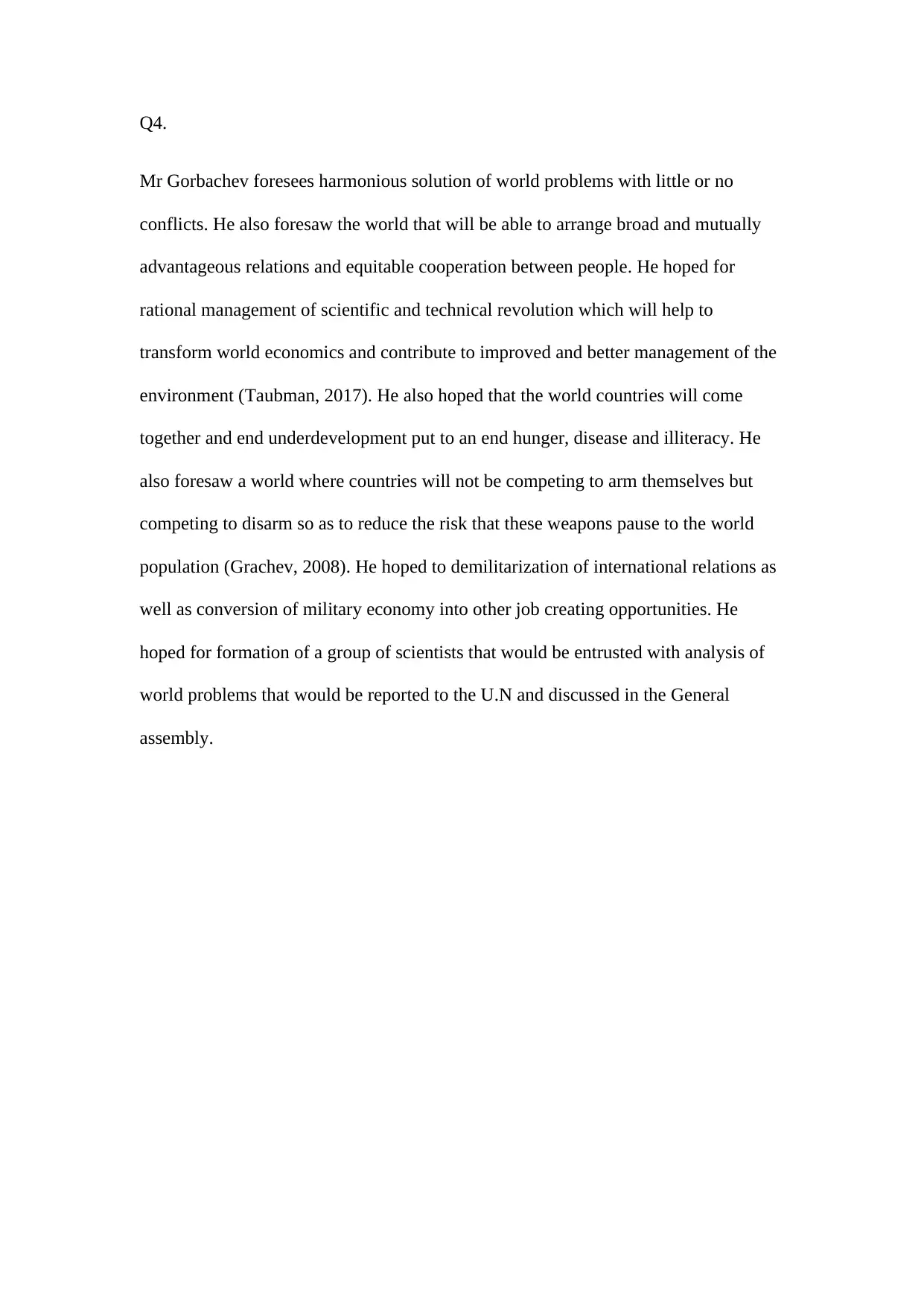
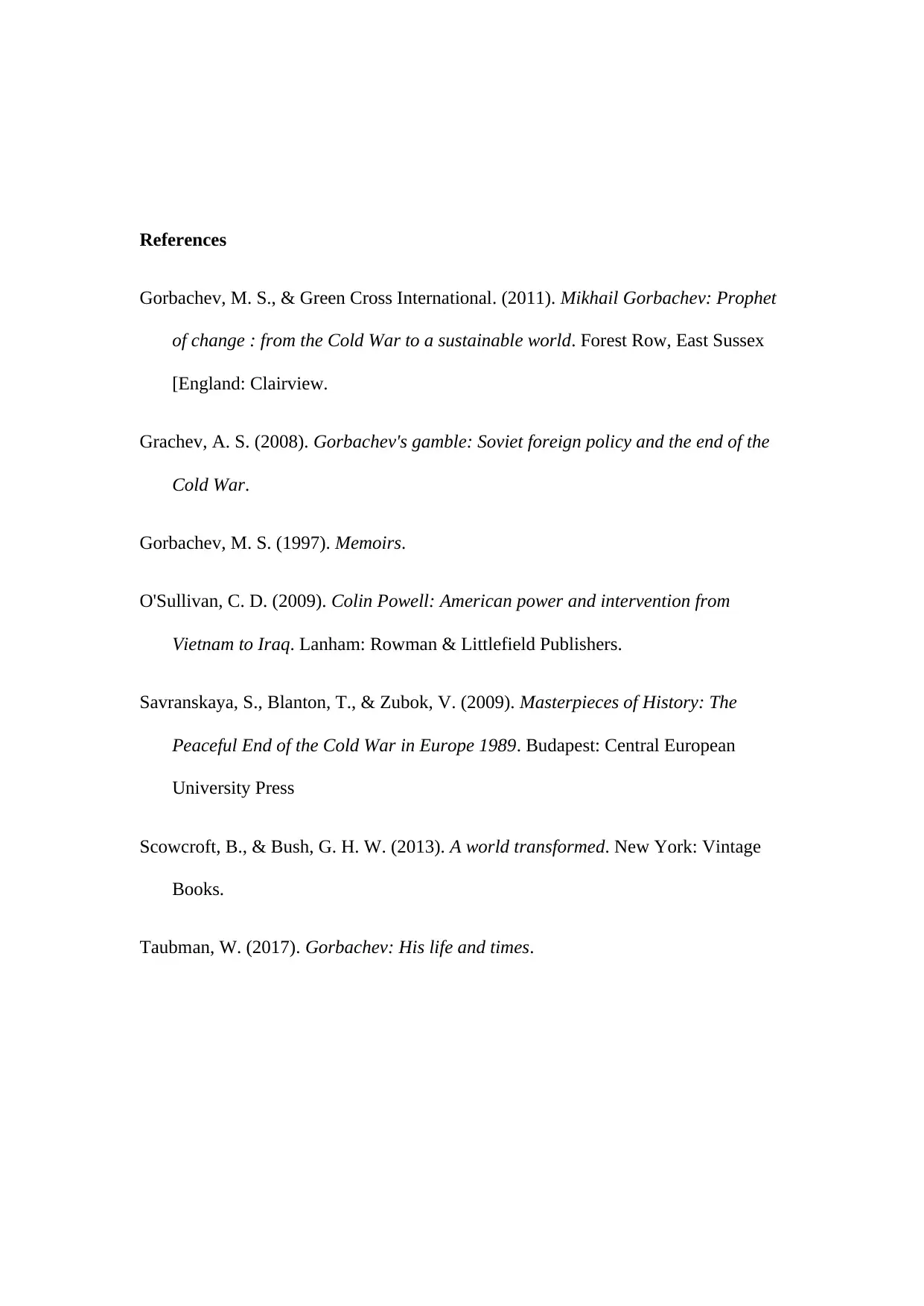






![[object Object]](/_next/static/media/star-bottom.7253800d.svg)